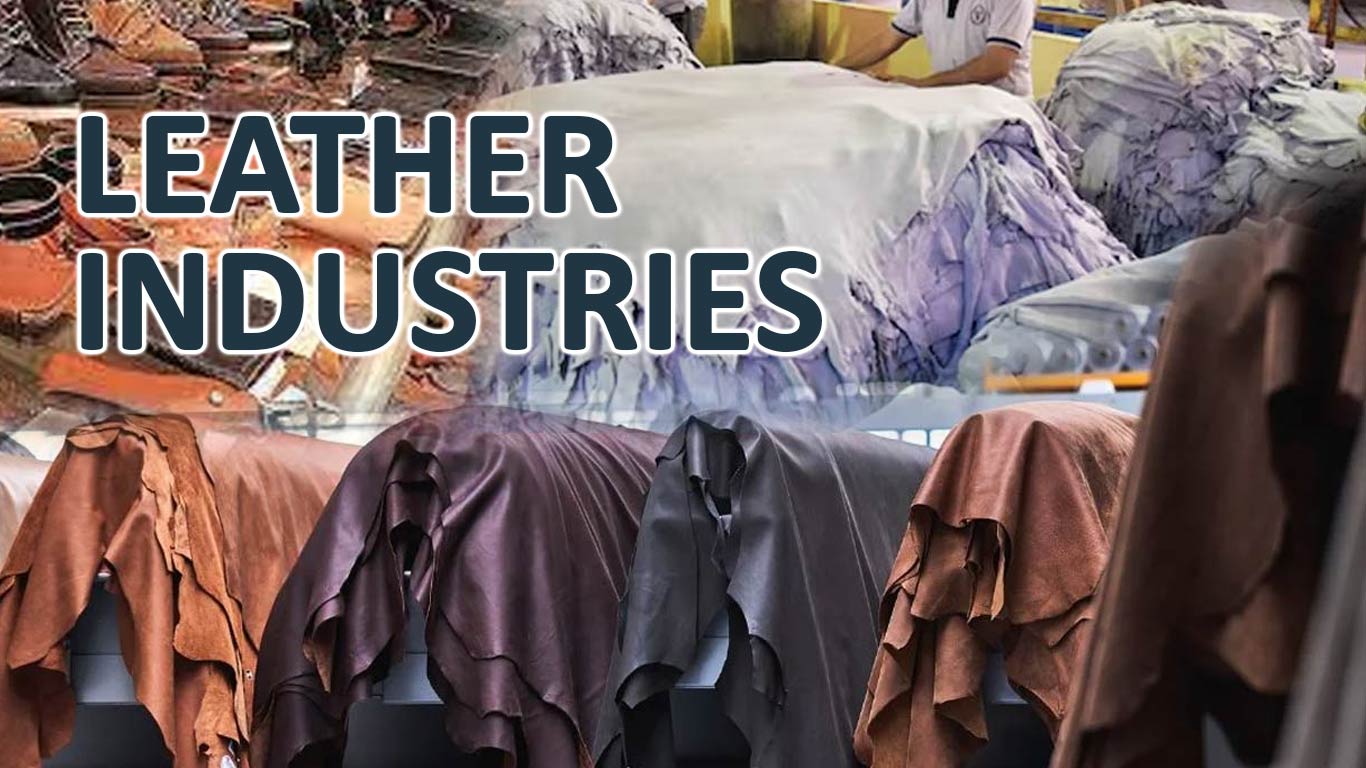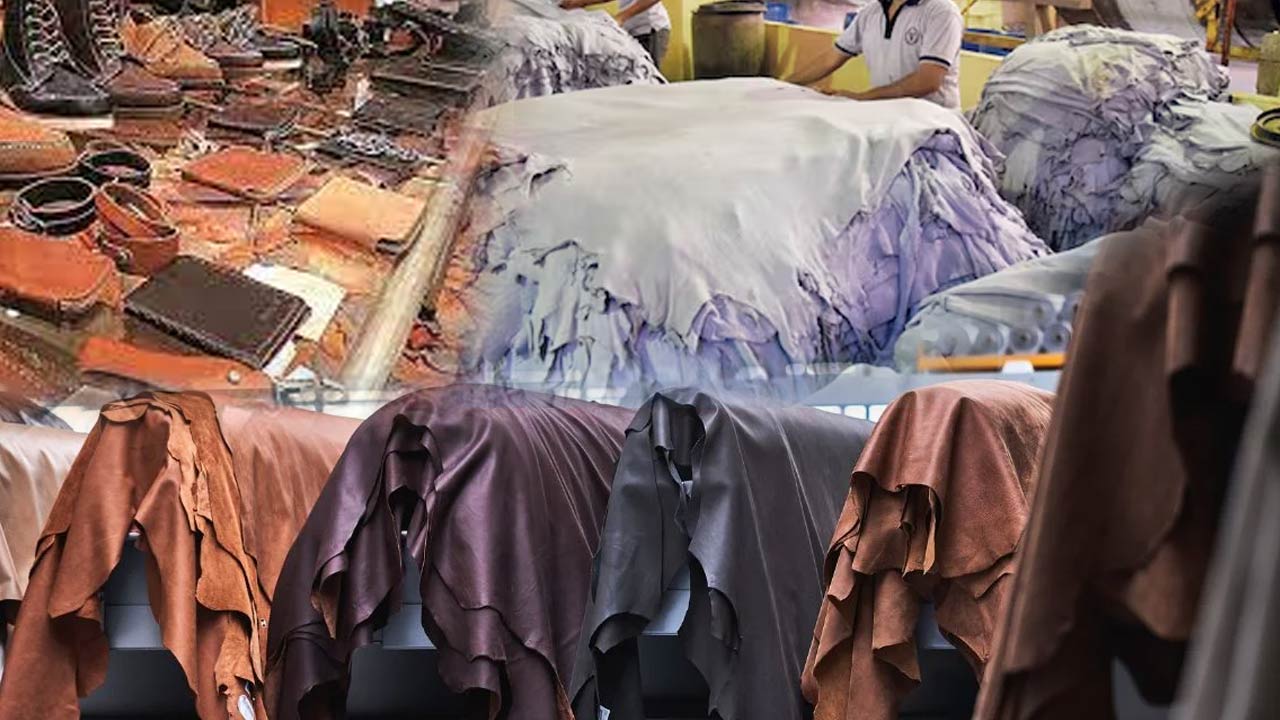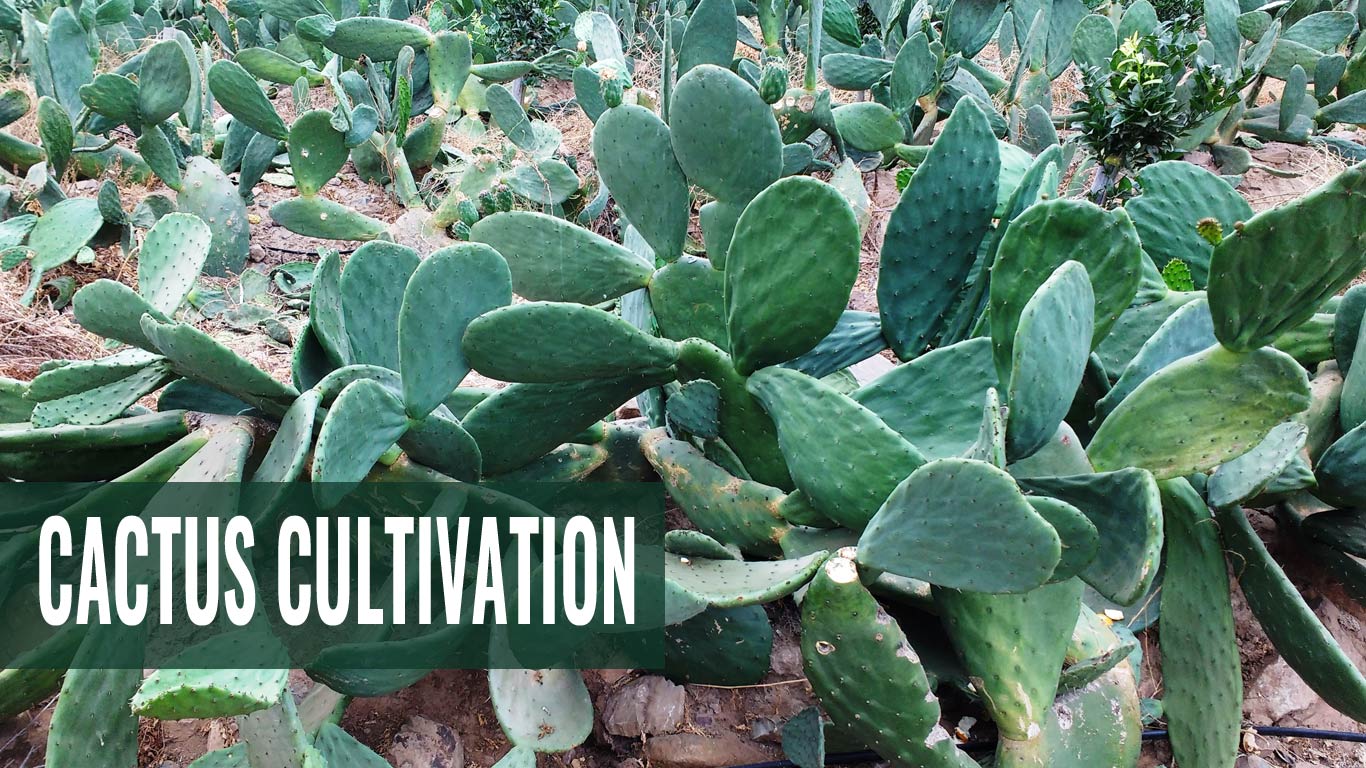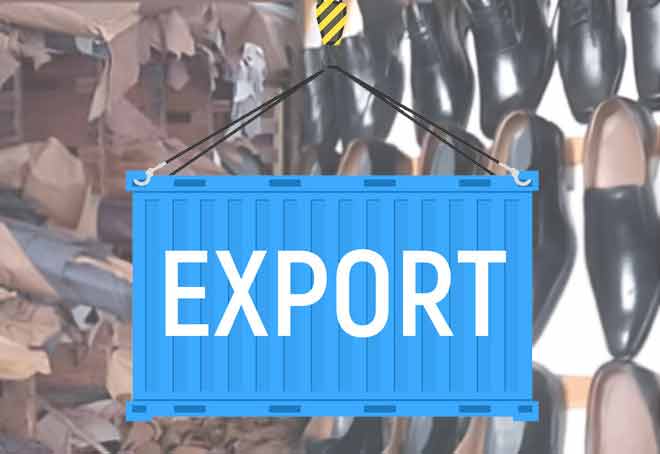Leather & Footwear Industry Seeks National Policy For Holistic Development
Updated: May 24, 2024 03:11:13pm

Leather & Footwear Industry Seeks National Policy For Holistic Development
New Delhi, May 24 (KNN) The Council for Leather Exports (CLE), the apex body representing India's leather and footwear exporters, has urged the government to formulate a comprehensive national policy aimed at attracting investments, boosting exports, and generating employment opportunities within the sector.
In a letter addressed to Niti Aayog CEO BVR Subrahmanyam, the CLE emphasised that while various schemes and support measures exist at central and state levels, a holistic approach through a dedicated national policy is crucial for the industry's overall development, PTI reported.
The proposed national policy aims to be comprehensive in scope. It would provide incentives for setting up new manufacturing units and support worker training initiatives.
Additionally, it envisages measures to encourage the adoption of sustainable technologies and the development of innovative products within the industry.
The policy's purview would extend across the entire supply chain of the leather and footwear sector.
This includes raw material sourcing, processing activities, product development, marketing strategies, supply chain management solutions, and efforts towards backward integration into upstream operations.
Highlighting the sector's significance, CLE Executive Director R Selvam underscored its labour-intensive nature, employing approximately 4.4 million workers, with over 85% being women.
"The sector has a huge socio-economic benefit. The policy would help the industry in boosting exports and creating a substantial number of jobs," Selvam stated.
Among the council's recommendations are the implementation of the Production-Linked Incentive scheme for the entire footwear and leather industry supply chain, including the machinery segment, and fine-tuning the Special Economic Zone policy to enhance productivity through flexible labour laws and reduced tax burdens for domestic market sales.
Furthermore, the CLE suggests that the policy should provide a blueprint for infrastructure development in all leather and footwear clusters, logistics management, monetary policy, credit facilities, and insurance coverage.
CLE Chairman R K Jalan expressed his request to ‘frame the policy to facilitate growth and development and provide additional employment opportunities to at least two million youth in the next seven years.’
Jalan also proposed organising a meeting between global CEOs of major leather products and footwear brands and industry secretaries of states, with the aim of attracting more investments from these brands.
Additionally, he highlighted the demand for establishing plug-and-play factory models, where the government provides ready-to-use factory sheds with all necessary infrastructure and support services.
The leather and footwear industry is projected to grow at a Compound Annual Growth Rate (CAGR) of 18-20 per cent over the next six years, with its turnover anticipated to reach USD 47 billion by 2030, up from USD 16.7 billion in the 2023-24 fiscal year.
However, the sector's exports declined by approximately 10 per cent to USD 4.3 billion in 2023-24.
(KNN Bureau)










